Under oath, employee reveals that Google spends billions so Android can compete with iOS

One of the subjects that the U.S. v. Google antitrust trial has focused on is the billions of dollars in search revenue sharing that Google pays out to various Android phone manufacturers and wireless carriers. All of that money is supposed to be used to help the Android ecosystem remain innovative so that it can be the strongest possible competitor to Apple's iOS and the iPhone.
Per Bloomberg, part-time Googler Jamie Rosenberg was on the stand Wednesday and said that the competition between Google and Apple is "as intense as it gets." Some might think that since Google pays Apple so much money to be the default search engine on Safari the two firms must be the best of friends but that doesn't seem to be the case according to Rosenberg who started at Google in 2010 working on Android and the Android Market (which became the Google Play Store).
By sharing its search revenue with companies like Samsung and Verizon, Google makes sure that these firms have enough money on hand to help promote and support Android products. The revshare funds can be used, for example, to help pay for costly security updates. Rosenberg said, "We want our partners to have the same incentives," noting that the revenue sharing is a "reinforcing mechanism" for this.
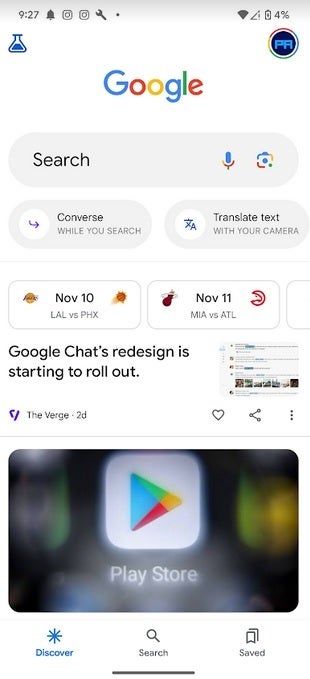
Google's revshare program is designed to help Android manufacturers and wireless carriers defeat iOS
The Justice Department attempted to show that the revenue share payouts were not needed and that Google could use the money it collects from the 15%-30% share of in-app payment revenue it collects from the Play Store. While Rosenberg admitted that Google doesn't force the companies it shares revenue with to disclose how that money is being used, he also said that the Play Store revenue could not be used to fund the Android ecosystem.
"We have a commercial interest in seeing Android succeed because of Play. The notion that if we weren’t doing as good a job on discovery that we would have the same success on plays, I don’t think you can necessarily make that connection," Rosenberg said.
Google has made some changes. Its revshare payouts to wireless carriers are lower as the payouts failed to give the carriers an incentive to sell more Android phones. Now, Google will pay the carriers less in revenue sharing and more if they sell larger numbers of Android phones. Talking about U.S. carriers, Rosenberg said, "Frankly, we felt like we were doing more of our job than they were doing theirs."
In 2020, Google split its revenue-sharing deal with Samsung into three parts with one part focused on search, another on services, and a third on marketing. But during his testimony, Rosenberg admitted that the marketing agreement required Samsung to use Google as its default search engine.
All of the deals have the same goal in mind, the part-time Googler said under oath. "These are all about making devices more competitive with iOS."
Follow us on Google News


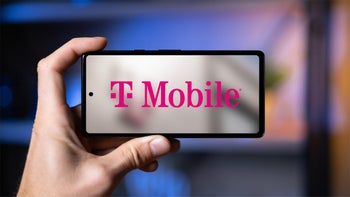

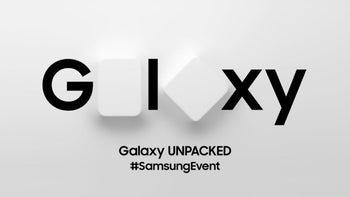
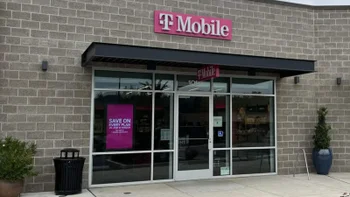





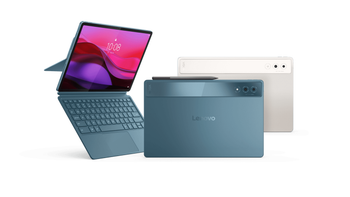

Things that are NOT allowed:
To help keep our community safe and free from spam, we apply temporary limits to newly created accounts: